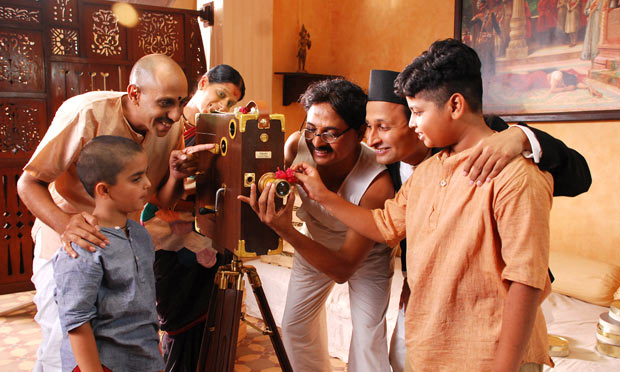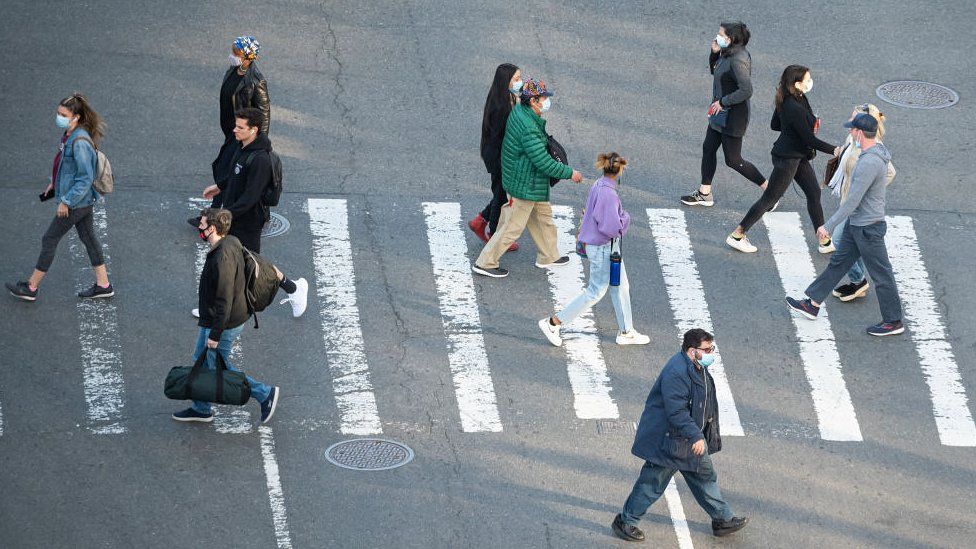Director and screenwriter Ruchi Narain struggled for several years to find steady work in the Indian film industry.
Even with two critically acclaimed movies under her belt- “Hazaaron Khwaishein Aisi,” a political drama that won Bollywood’s prestigious Filmfare Awards, and “Kal: Yesterday and Tomorrow,” a thriller she directed and wrote- the work just wouldn’t come.
“I struggled a lot because I am a woman and an outsider,” Ruchi told CNN International. “I was meeting people every month, but it all went nowhere.” The whole situation changed when Netflix arrived in 2016 in India.
However, the Mumbai-born filmmaker says she has “been overwhelmed with work.” In 2020, Ruchi released her 8-part comedy series “Hundred” on Disney + Hotstar. In the same year, her Netflix film “Guilty”- a social issues thriller about a rape investigation- was released.
Now, increasing government inspection of these more provocative stories and other groundbreaking projects is worrying Ruchi and many other directors in Mumbai, the home India’s film industry.
Original shows on Netflix and Amazon Prime have recently drawn anger from regular citizens and Indian politicians who consider these TV shows and films insensitive to religious and cultural beliefs.
Police complaints have also stacked up against company executives and creators. Some of the offences they have been blamed for -committing “malicious and deliberate acts, intended to hurt religious feelings”- carry prison time of up to three years or fine.
Earlier this year, Prime Minister Narendra Modi’s government has declared new guidelines and rules for streaming services, though no explicit bans on specific themes.
The arrival of Netflix and Amazon in India has been an advantage to writers and directors like Ruchi. Many filmmakers told USA Today they thought the OTT platforms introduced a degree of professionalism in the Hindi Film Industry.




